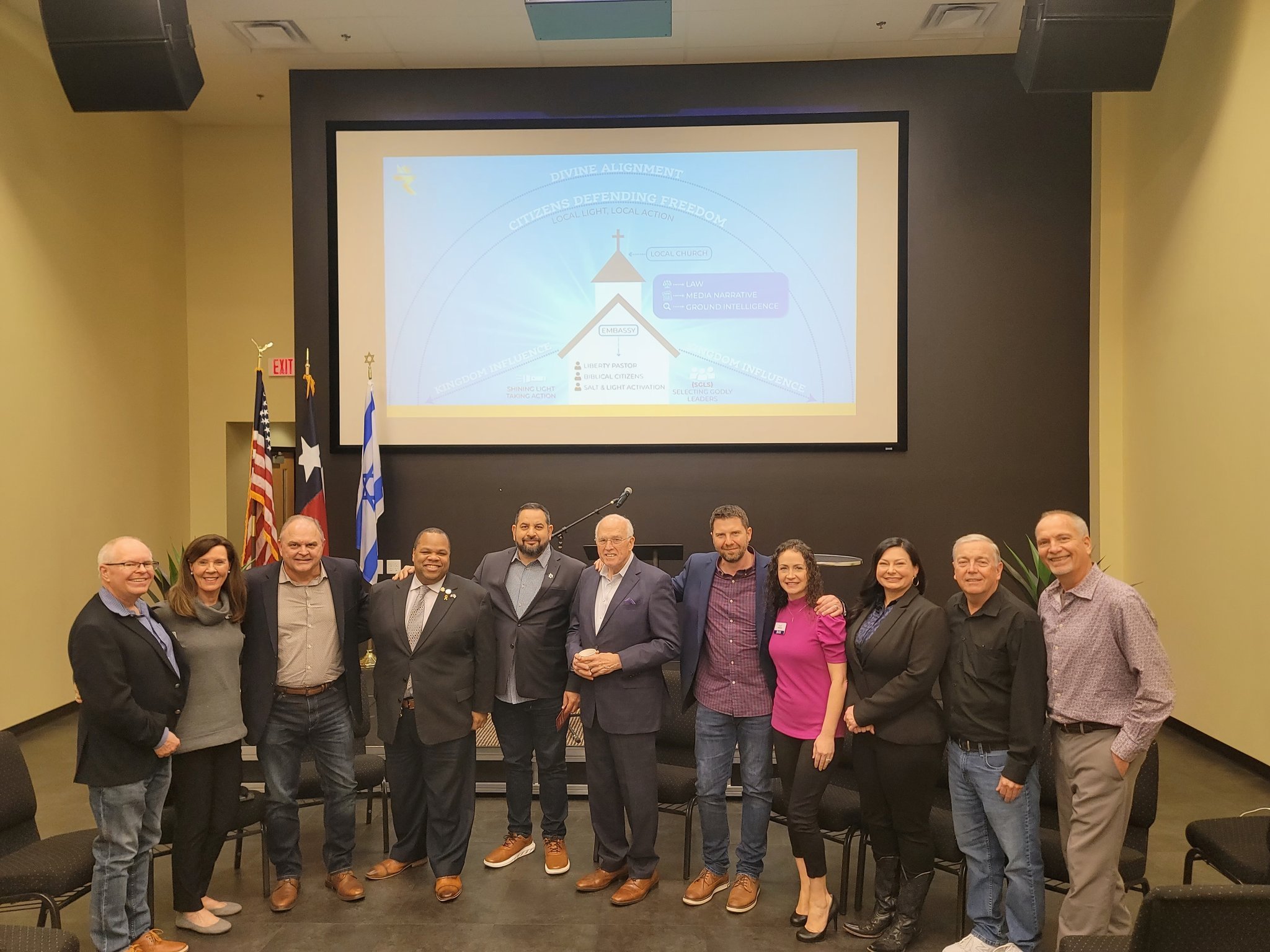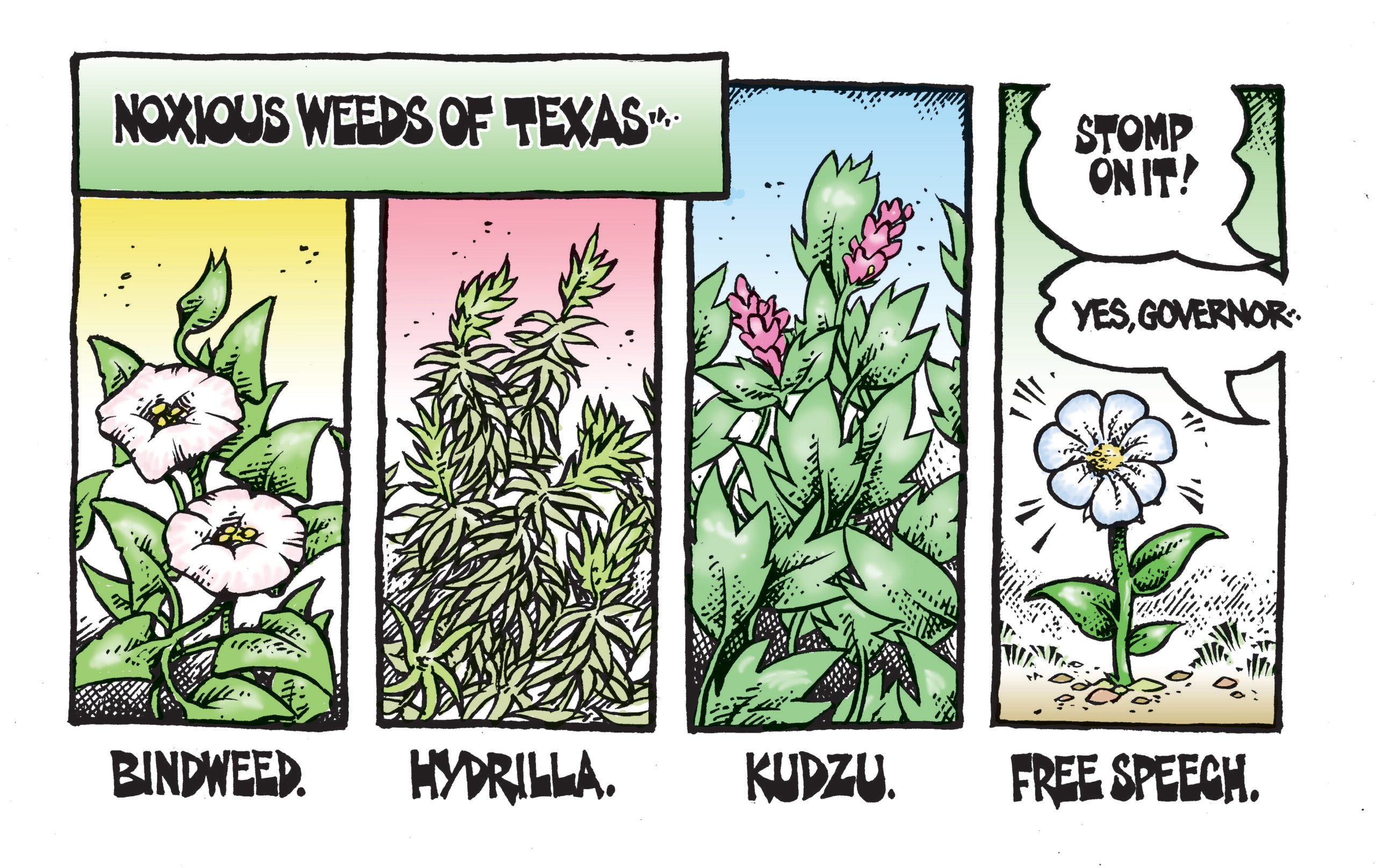ustxtxb_obs_1998_10_23_50_00004-00000_000.pdf
Page 26
EDITORIAL Just for the Record Lawsuits tell stories And because they are stories told in a public forum, they belong to the public And while lawsuits tell stories defendants don want their stories told When a lawsuit is settled without a decision by a judge or jury, defendants often request that judges seal all or part of the court proceedings “Settled and sealed” rulings clear dockets and make the legal pro cess work faster. But they also limit public access to public records In 1987 Corpus Christi lawyer Arnold Garcia sued David Dewhurst, claiming that in a business deal Dewhurst had defrauded him out of $540,000. In 1991 Garcia won or at least he prevailed. Dewhurst and Falcon Seaboard paid Garcia $1.2 million, the case was settled, and Dewhurst and Garcia agreed to seal some of the evidence gathered during the discovery process. The decision to seal the evidence in a civil suit over an oilpatch investment scheme might have been valid in 1991, when neither of the parties to the lawsuit was a candidate for elected office. Now that David Dewhurst is running for land commissioner, all the files in Arnold Garcia v. Falcon Seaboard Oil Company, et al. \(Dewhurst is the should be available to the public. Texas law prohibits the sealing of court documents when there is a compelling public interest to know what’s in them. The voters’ right to know about the background of a candidate is a compelling public interest. To that end we have asked Judge Tad Halbach to lift the order and make all the material available to the public. There is, however, a right-to-know argument that is much broader than what can be explained within the narrow strictures of the law. The most basic equation implied by any political candidacy includes two variables: what the candidate has done and what the candidate says he will do. And despite the current journalistic focus on personality \(a front-page story in the Dallas Morning News actually included a discussion of John Sharp and Rick Perry’s public life that matters. The record of Dewhurst’s Democratic opponent, Richard Raymond, is fairly accessible. A lifetime in elected office has created a long public record on which the Dewhurst campaign has focused its attempt to define Raymond as a “liberal.” \(“Liberal Richard Raymond favors a state income tax,” warns Meanwhile, much of Dewhurst’s record is kept off limits by an argument that would have us believe that private business transactions are the business of no one other than the parties that do the deals. In the most exhausted clich of the past legislative session, that argument doesn’t create a “level playing field” particularly when a candidate from the private sector runs against someone who has held elected office. Two chapters in Dewhurst’s professional biography have remained beyond the public’s purview in part because the media haven’t pushed too hard to get at them. One is Dewhurst’s business career which has an important bearing on a campaign underwritten by $4 million in unsecured personal loans that Houston bankers made to the candidate. The press has ignored those loans, although it is likely that they will be retired by funders from the same oil and gas industry that will be subject to policy decisions Dewhurst will make if elected. The media, in fact, have largely ignored the details of Dewhurst’s business career, much as they ignored the Raymond campaign’s press release on the Garcia lawsuit, with three of the state’s major dailies observing that Raymond’s allegations pertained to a lawsuit that is more than ten years old. So most of the coverage was relegated to formulaic “he said/he responded,” stories. \(As a point of reference: the Whitewater land deal was more than ten years old when Bill Clinton was first runs as “a successful busineksman,” the candidate’s business becomes the public’s business. The deal that lead Arnold Garcia to sue David Dewhurst appears to have been “The Deal” on which Dewhurst began building the fortune that allows him unlimited access to unsecured campaign loans4It also is the fortune that allowed him to contribute hundreds of thousands of dollars to Republican candidates for office, until he finally decided it was time for him to run for land commissioner very likely the beginning of a David Dewhurst gubernatorial or senate campaign. The other missing chapter pertains to Dewhurst’s work as a C.I.A. agent. David Corn first mentioned Dewhurst’s C.I.A. history in 1996, in a story published in The Nation. When we pursued that story in May Dewhurst would not respond because, we were told, a C.I.A. confidentiality contract bound him to secrecy. When the issue when was raised by the Raymond campaign in September, Dewhurst claimed that he had only been a junior case officer doing routine paperwork in La Paz, Bolivia, in 1971. And that’s what the press chose to report, rather than pressing the candidate with questions about what he did or what he didn’t do at a particular moment in history when the C.I.A. was directing a coup that put in place one of the most brutal military dictatorships in the hemisphere. Perhaps the public can’t have the answer to that question; but it should have access to the public records that would help explain the business practices of a candidate running on business principles. Judge Halbach will make that decision. And for the record, the Dallas Morning News informs us that John Sharp is partial to Corvettes “but would never buy one.” And Rick Perry would like to own a 1949 black Ford coupe. L.D. 4 THE TEXAS OBSERVER OCTOBER 23, 1998 4. .etr ro .


